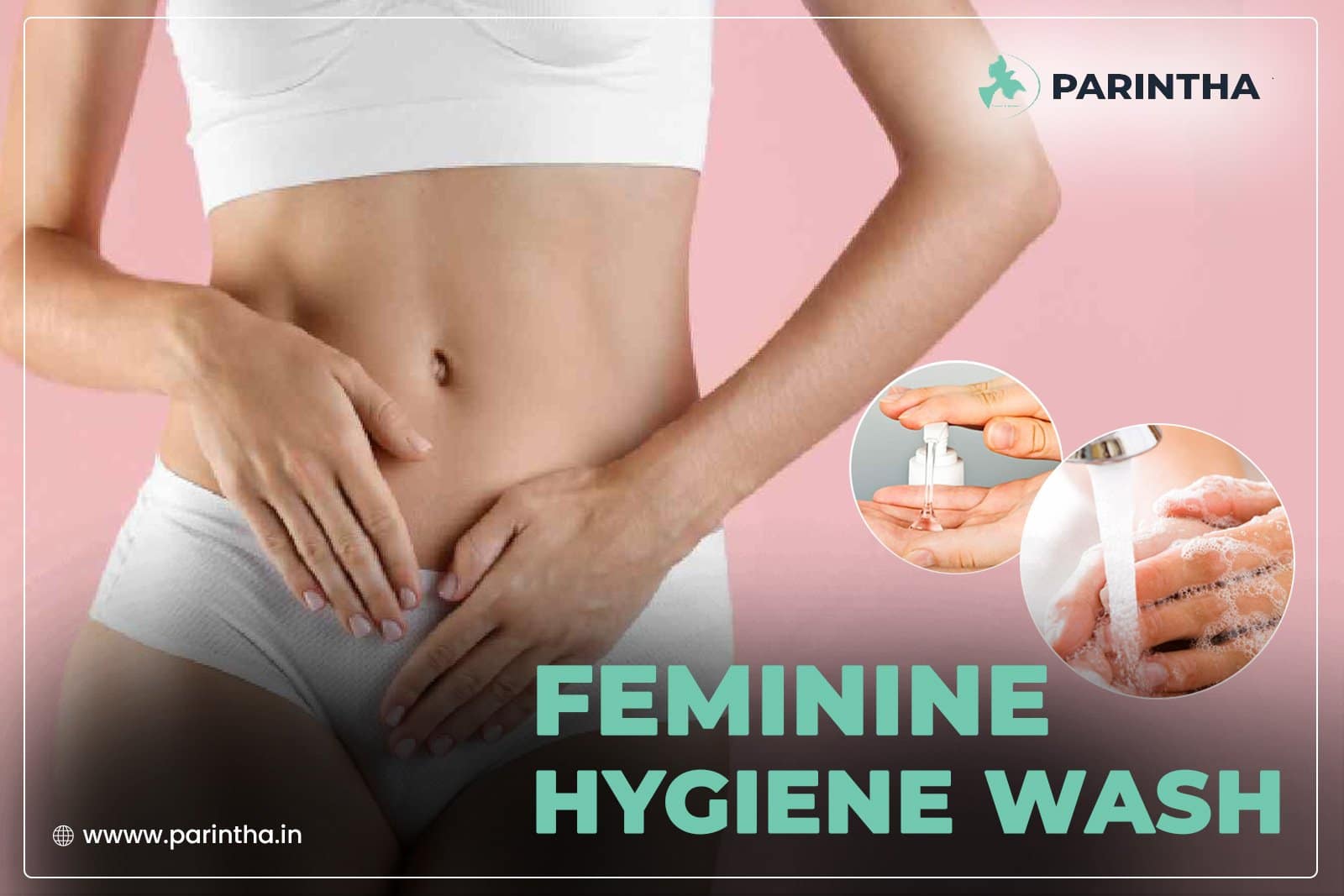
Daily cleansing is an essential part of hygiene and feminine hygiene wash supports intimate health. However, the choice of products and practices can significantly impact vulvovaginal health. The primary goal is to maintain the natural balance of the vulvovaginal microbiota while achieving cleanliness and avoiding discomfort. The role of feminine hygiene wash in vulvovaginal health makes a beneficial contribution on combining the best practice with a right product.
Importance of Vulvovaginal Cleansing:
- The vulva is crucial in protecting the genital tract from infections. Increased moisture, sweating, menstrual flow, and hormonal changes can affect microbial balance and potentially lead to odor and infections.
- Daily gentle cleansing helps prevent the accumulation of contaminants such as vaginal discharge, sweat, and urine, reducing the risk of offensive odors and infections.
Microflora and Vulvar Health:
- The vulvar microflora is vital for maintaining health and preventing infections. Imbalances in this microflora, which can be influenced by internal factors (age, hormonal changes) and external factors (hygiene practices, antibiotics), may contribute to conditions like bacterial vaginosis (BV) and other infections.
- Evidence suggests that maintaining a balanced microbiota is essential for overall vulvovaginal health.
Intimate Hygiene Practices:
Vaginal Douching: This practice is often discouraged as it can disrupt the normal vaginal flora and increase the risk of infections, pelvic inflammatory disease, and other health issues.
External Cleansers: Products designed for external use should be pH-balanced and hypoallergenic to avoid disrupting the natural vulvar flora. Intimate washes containing lactic acid are beneficial due to their acidic pH, which helps maintain skin homeostasis.
Product Considerations:
Formulation: Feminine hygiene products should be formulated to be mild, non-irritating, and free from harsh chemicals and irritants. Products containing lactic acid or glycerine can help maintain an acidic pH and prevent dryness.
Clinical Testing: Products should be clinically tested to ensure they are effective and well-tolerated. They should provide targeted antimicrobial benefits without negatively affecting the natural microbiota.
Best Practices for Vulvar Care:
Daily Cleansing: Use a gentle, pH-balanced, hypoallergenic cleanser once a day. Over-washing or using harsh products can irritate the vulvar skin and disrupt its natural balance.
Avoid Douching: Refrain from douching as it can disturb the natural vaginal flora and lead to various health issues.
Moisturization: If using products with glycerine, ensure they are appropriate for preventing dryness without causing irritation.
Conclusion
Proper feminine hygiene involves using carefully formulated products that respect the vulvar microenvironment. Daily gentle cleansing with pH-balanced, hypoallergenic washes can contribute to overall vulvovaginal health and help prevent issues such as bacterial vaginosis and other infections. It is important for women to be informed about the potential risks associated with inappropriate hygiene practices and to select products that are tested and suited to their individual needs.
Womens Health (Lond). 2017; 13(3): 58
Microb Ecol Health Dis. 2013; 24: 10.3402/mehd.v24i0.19703.
Womens Health (Lond). 2024; 20: 17455057231223716.
Glob J Health Sci. 2012; 7(4): 45.
